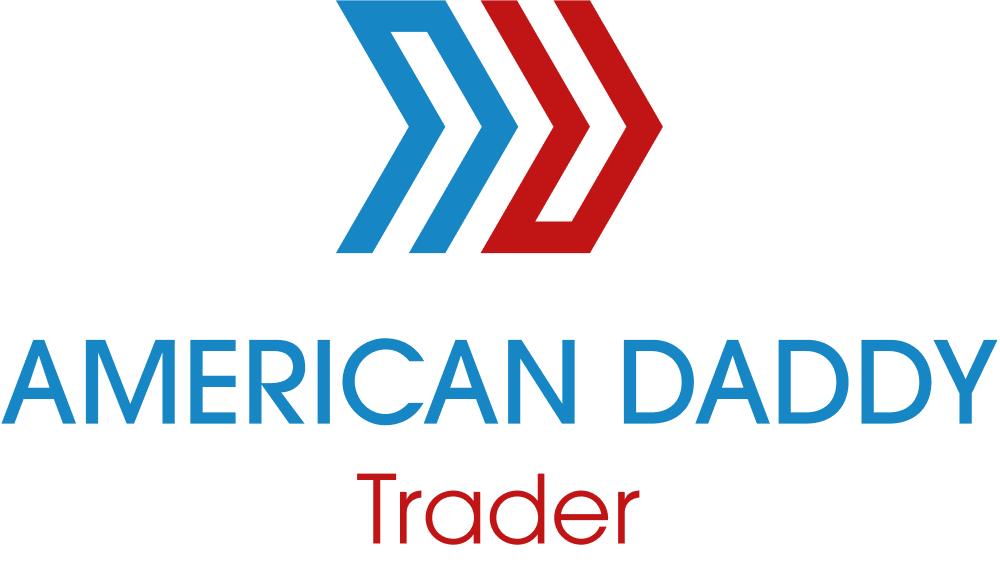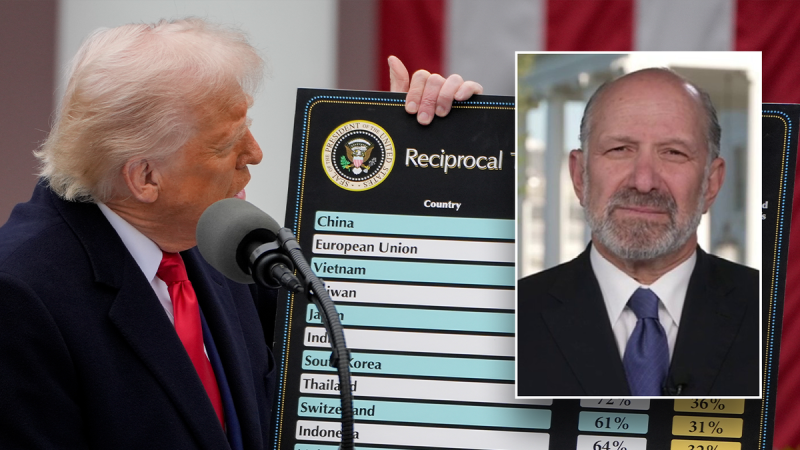Big media and big finance insisted the financial sky was falling this week, but with President Donald Trump, you never know exactly where you are in any deal-making process. Weighing in too soon can make you look stupid.
On Wednesday, the deal-maker in chief announced a 90-day pause on sky-high tariffs directed at 75 nations which did not retaliate against his measures and have asked the administration for a reprieve and time to negotiate.
Democrats, and a fair number of free-marketeer conservatives to boot, celebrated Trump ‘caving’ to the pressure of the financial markets. But when the smoke settled, it was clear that, far from folding, Trump had instituted a historic tariff regime, and somehow got a stock market rally out of it.
By Thursday morning, Trump had slammed communist China with a whopping 125% tariff, maintained a 25% penalty on certain goods from Canada and Mexico, placed a blanket tariff of 10% on most of the rest of world, and had nations lined up outside the White House to negotiate like it was the Olympic opening ceremonies.
Make no mistake, as little as two months ago, those accusing Trump of folding would have called the tariffs he landed at on Wednesday unconscionable, but after the past week’s turmoil, the largest tariff increase in decades looked like a moderate, market-soothing compromise.
And the good news for working-class Americans, now the solid core of Trump’s support and that of the Republican Party, is that the effort to restore American manufacturing is only getting started.
You see, while the Ebenezer Scrooges at libertarian think tanks have long since written off small industrial towns as gone for good, Donald Trump has not.
And it isn’t just a matter of sympathy or fairness for these far-flung factory towns, it is also a matter of national security, of being capable of making our own weapons, pharmaceuticals and computer chips.
The point of Trump’s tariff turmoil was never tariffs for their own sake; it was and is to reshape American trade and make our nation less dependent on geopolitical and ideological foes such as China.
Those who support the president’s effort to reshore manufacturing and reinvigorate forgotten America don’t care if it happens through tariffs or trade deals. They only care that the jobs come home, even if it means paying more for Chinese widgets.
Of course, this infuriates the free-marketeers for whom cheapness is next to godliness, but what did they think populism was? Mitt Romney in cowboy boots?
Of course, this infuriates the free-marketeers for whom cheapness is next to godliness, but what did they think populism was? Mitt Romney in cowboy boots?
I would say that the free traders and libertarians have no answers for small-town America, but actually they do. It appears to be flooding them with tens of thousands of Haitian migrants. Seriously.
What the free-market fanboys fail to realize is that tariffs and trade deals are not just economic issues, they are very much cultural issues as well. The question isn’t just how big a number we can ring up on the national cash register, it’s also quality of life.
Let’s take the COVID lockdowns as an example.
Five years ago last month, the stock market crashed as the Chinese virus was unleashed. For the rest of the year, many, if not most, Americans stayed home all day and night, streamed video, and ordered from Amazon and DoorDash.
By December, the Dow Jones Industrial Average was higher than it was before COVID hit.
Now, would any of us say that 2020 was a great time? Does anyone other than a hypochondriac New Yorker magazine essayist look back fondly on being locked in our homes and out of our houses of worship?
Of course not.
The American novelist Jack Kerouac once famously quipped, ‘I don’t want a living, I want a life.’ To be sure, those of us who are not committed to life on the road as beat poets need both, but thankfully President Trump understands that global trade is about much, much more than money.
Importantly, Trump is not doing this alone. Had his supporters panicked as so many conservative commentators did last week, he would not have achieved the tariffs we’ve arrived at or the upcoming negotiations.
The reason that Canada is buying billboards in Florida blaring the message ‘Tariffs Are Taxes’ is that they want Americans to be as freaked out over the tariffs as the Canadians I met last month in Calgary are.
But that isn’t happening. Those who believe in Trump’s vision to transform American manufacturing are heeding the president’s soothing advice to ‘be cool,’ and support his America first agenda.

